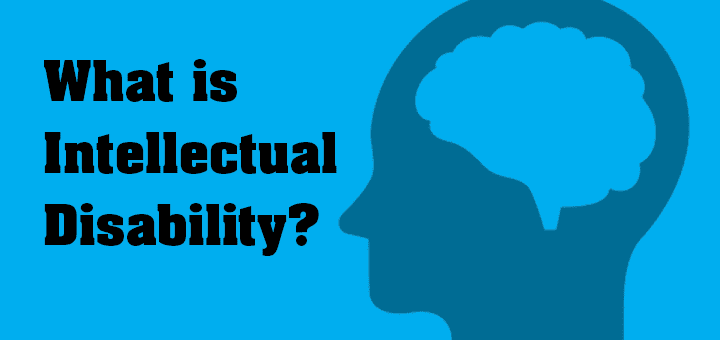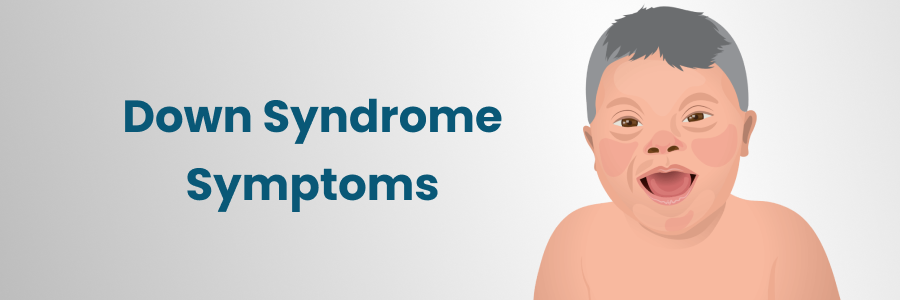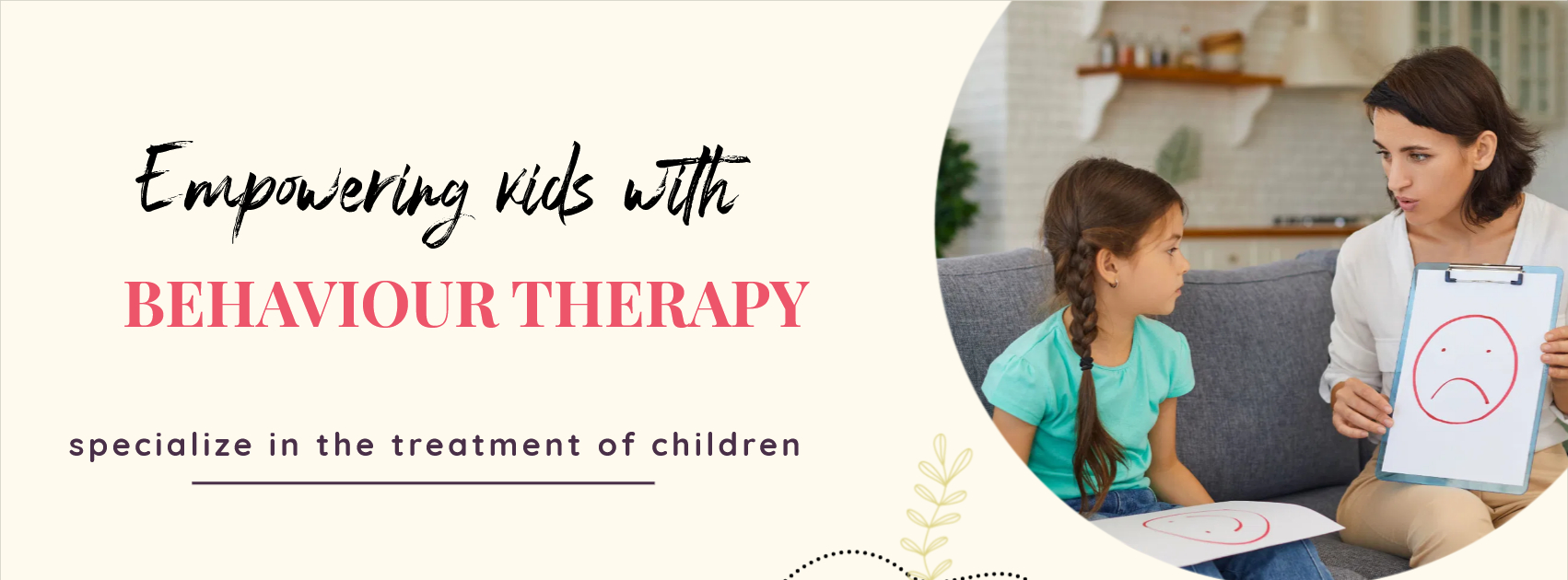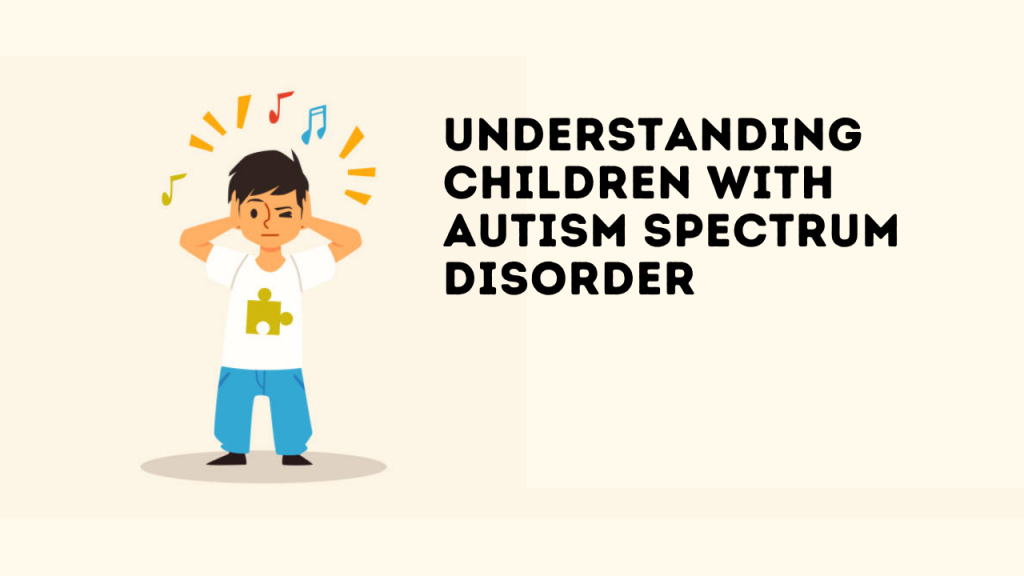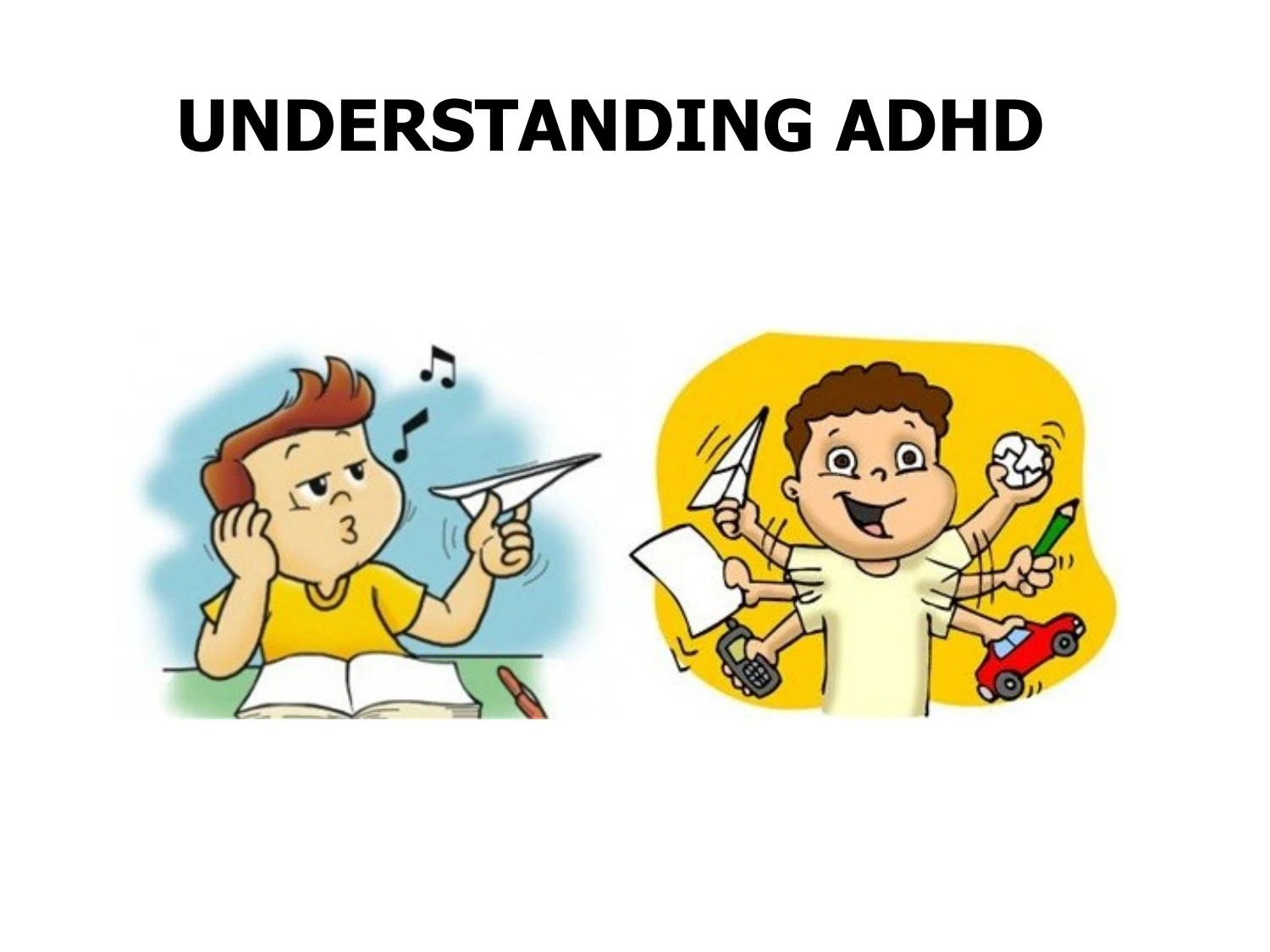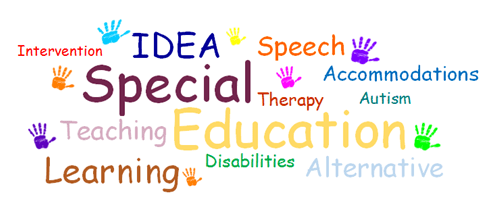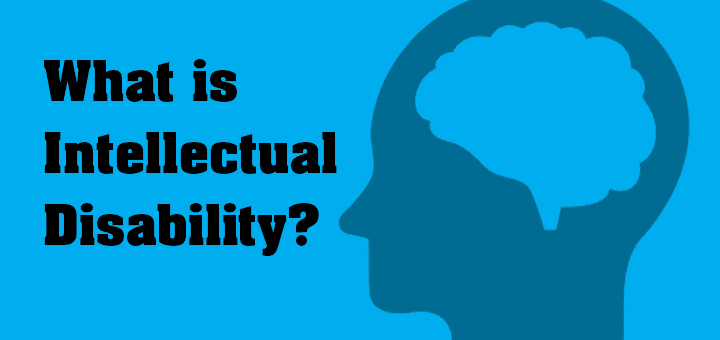
Intellectual Developmental Disorder (IDD), previously known as Mental Retardation, is a condition characterized by limitations in intellectual functioning and adaptive behavior, which affect a person’s ability to perform everyday activities. This disorder is typically identified during childhood or adolescence and results in significant impairments in cognitive abilities, social skills, and practical functioning. IDD can range from mild to profound, depending on the severity of the intellectual and adaptive deficits.
Key Features of Intellectual Developmental Disorder (IDD):
-
Intellectual Functioning: This refers to general mental abilities such as reasoning, problem-solving, planning, abstract thinking, judgment, academic learning, and learning from experience. Intellectual functioning is typically measured using an IQ (Intelligence Quotient) test:
- Mild IDD: IQ 50-69
- Moderate IDD: IQ 35-49
- Severe IDD: IQ 20-34
- Profound IDD: IQ below 20
-
Adaptive Behavior: This refers to the skills necessary for daily living, including conceptual skills (e.g., reading, writing, math), social skills (e.g., communication, social relationships), and practical skills (e.g., personal care, safety, household tasks). People with IDD may struggle with independence in areas like:
- Self-care (dressing, bathing, eating)
- Communication and interaction with others
- Maintaining relationships
- Problem-solving in everyday situations
-
Onset During Developmental Period: IDD must manifest during the developmental period (usually before the age of 18) and affects intellectual and adaptive functioning in multiple settings (home, school, work, etc.).
Causes of Intellectual Developmental Disorder:
IDD can result from a wide range of factors, including genetic, environmental, and prenatal influences. In many cases, the exact cause remains unclear, but common causes include:
-
Genetic Conditions:
- Down Syndrome: A genetic disorder caused by an extra chromosome 21, leading to developmental delays and intellectual disabilities.
- Fragile X Syndrome: A genetic condition that causes intellectual disability, particularly in males, and is associated with social, emotional, and behavioral challenges.
- Williams Syndrome: A genetic disorder that causes developmental delays, particularly in language and social development.
- Phenylketonuria (PKU): A genetic disorder in which the body cannot process the amino acid phenylalanine, leading to intellectual disability if untreated.
-
Prenatal Factors:
- Exposure to Toxins or Drugs: Maternal alcohol use (leading to Fetal Alcohol Syndrome), drug use, or exposure to environmental toxins during pregnancy can increase the risk of IDD.
- Maternal Infections: Infections such as rubella, toxoplasmosis, or cytomegalovirus during pregnancy can affect brain development and lead to IDD.
- Nutritional Deficiencies: Lack of adequate prenatal care, including insufficient folic acid intake, can contribute to developmental disabilities.
-
Perinatal Factors:
- Premature Birth: Children born prematurely are at higher risk of developmental delays and intellectual disabilities.
- Birth Complications: Oxygen deprivation or trauma during birth can result in brain damage that leads to IDD.
-
Postnatal Factors:
- Severe Illness or Infections: Brain infections (e.g., meningitis or encephalitis) or head injuries after birth can impair brain development.
- Environmental Factors: Chronic neglect, abuse, or a lack of stimulation in early childhood can impact cognitive development.
Diagnosis:
The diagnosis of IDD involves a comprehensive evaluation to assess intellectual functioning and adaptive behavior. This process includes:
-
Clinical Interviews: A healthcare provider conducts interviews with the individual and family members to gather information on developmental history, medical background, and observed behaviors.
-
Standardized Intelligence Testing: The IQ test is used to assess the individual's intellectual functioning. An IQ score significantly below average (usually below 70) is a key indicator of IDD.
-
Adaptive Behavior Assessment: The individual’s ability to perform daily living skills (e.g., self-care, communication, social interaction) is assessed using standardized tools (e.g., Vineland Adaptive Behavior Scales).
-
Medical Evaluation: A medical examination may be performed to identify any underlying conditions or health issues contributing to the IDD.
-
Genetic Testing: In some cases, genetic testing may be used to identify specific conditions (e.g., Down syndrome, Fragile X syndrome) that could be contributing to the intellectual disability.
Treatment and Intervention:
There is no cure for IDD, but a variety of treatments and interventions can help individuals with the disorder maximize their potential and improve their quality of life. These interventions typically include:
1. Educational Support:
- Special Education Services: Children with IDD may benefit from special education programs tailored to their intellectual and adaptive needs. These services may include individualized education plans (IEPs) that outline specific learning goals and accommodations to support the child’s education.
- Early Intervention: Early intervention programs, such as speech therapy, occupational therapy, and physical therapy, can significantly improve developmental outcomes for children with IDD.
- Behavioral Therapy: This type of therapy focuses on teaching specific skills to manage behaviors and improve functioning in social and academic settings.
- Life Skills Training: Teaching practical life skills, such as money management, cooking, and personal hygiene, helps individuals with IDD develop more independence.
2. Speech and Language Therapy:
- Speech therapy helps individuals with IDD improve communication skills, including speech, language comprehension, and nonverbal communication (e.g., sign language or augmentative communication devices).
3. Occupational Therapy:
- Occupational therapists help individuals with IDD improve motor skills, coordination, and the ability to perform daily tasks such as dressing, eating, and personal care.
4. Physical Therapy:
- Physical therapy can help individuals with IDD develop strength, balance, and coordination, which can assist in improving mobility and physical independence.
5. Psychotherapy and Counseling:
- Psychological therapy, such as cognitive-behavioral therapy (CBT), can help individuals with IDD manage any emotional or behavioral issues they may experience.
- Family Counseling: Families may benefit from counseling to address the challenges of raising a child with IDD, as well as learning how to provide the most effective support.
6. Medication:
- Medication may be prescribed to manage specific behavioral or psychiatric symptoms associated with IDD, such as anxiety, depression, or aggressive behavior. These medications may include antidepressants, antipsychotics, or stimulants.
7. Social Support:
- Social skills training can help individuals with IDD develop positive relationships and interact more effectively with others. This may include teaching communication strategies, understanding social cues, and practicing conflict resolution skills.
8. Community Integration:
- Community-based programs, such as adult day services or supported employment programs, can help individuals with IDD integrate into the community, find work opportunities, and participate in social activities.
/userfiles/What-is-Intellectual-Disability.png
